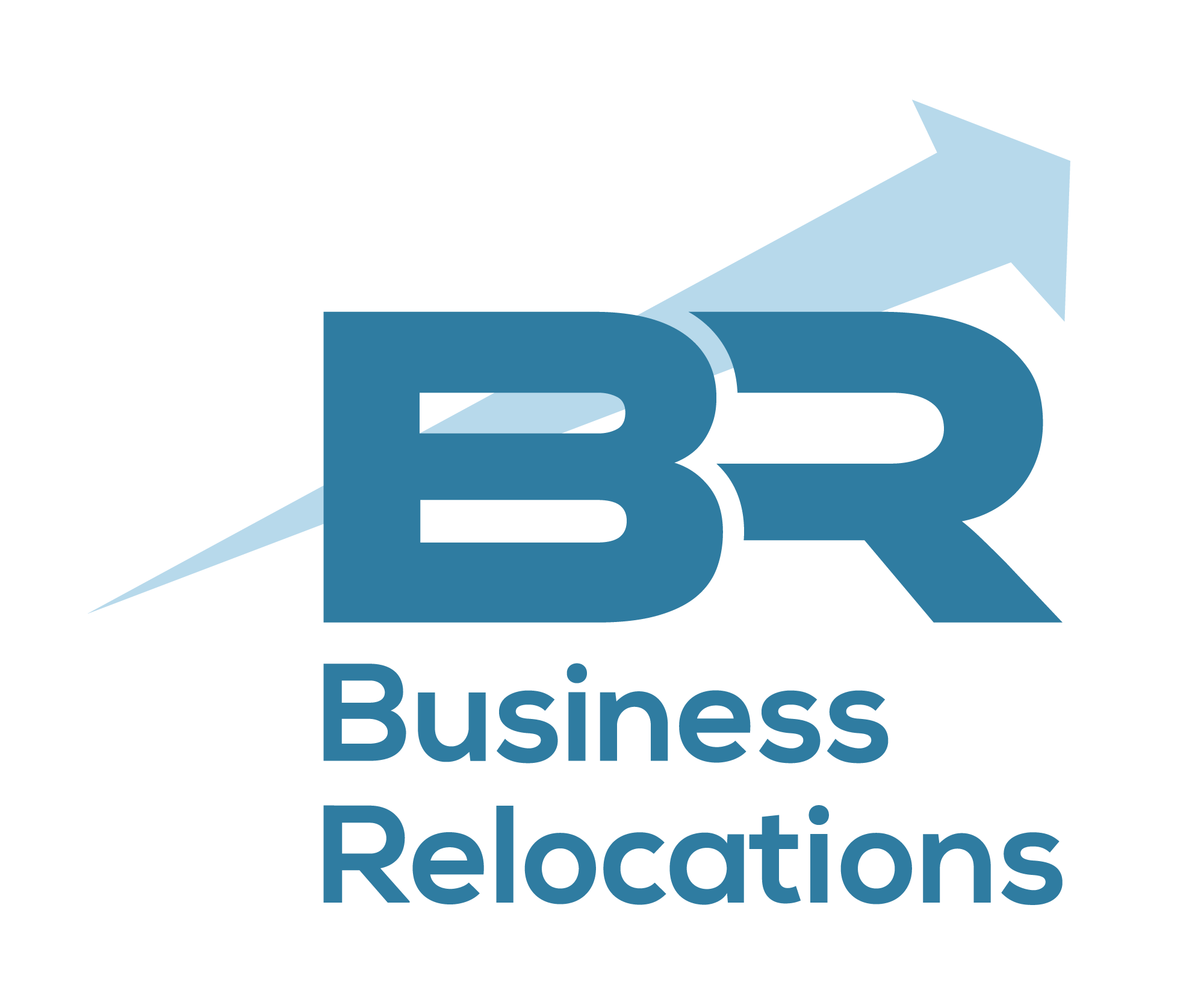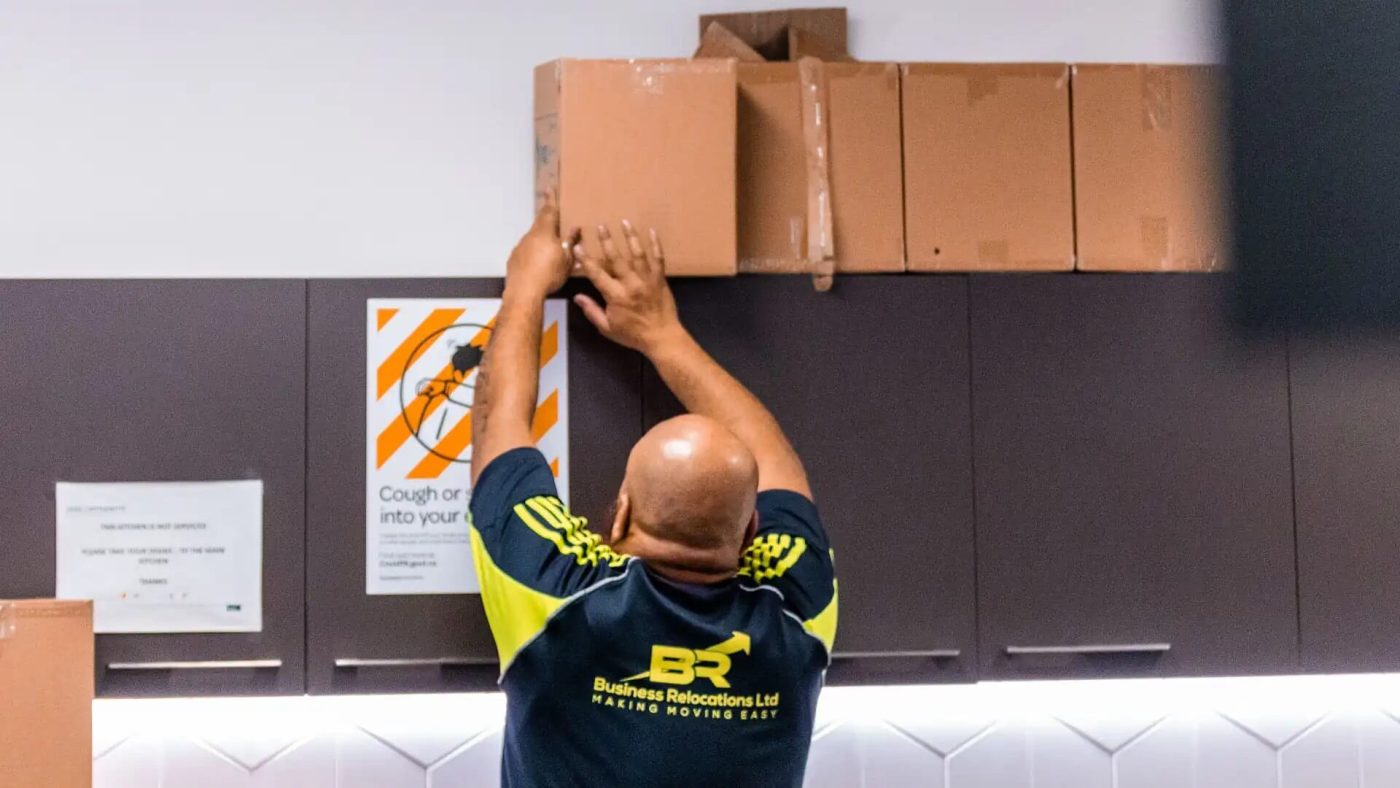Office relocations can be challenging for businesses, whether adjusting to a bigger office or moving to a different side of town. Keeping the organisation active and productive is likely a top priority during and after this period. Implementing smart office movement management strategies is important for a smooth transition.
As New Zealand’s specialist business moving company, we have put together a guide to help you navigate the complexities of move planning. Read on for office relocation tips and strategies to help you manage a move without compromising business productivity.
Choose a relocation manager
Although move planning is often collaborative, we recommend appointing someone as a project manager or team lead for the relocation. Having a dedicated team member responsible for overseeing the move from start to finish and delegating tasks will be invaluable down the line. The size and capacity of your business will determine how many people will assist this position, as different departments may have specific needs for the new proposed space. The ideal office move manager takes initiative, has strong communication skills, and can effectively prioritise the project.
Draft a budget and timeline for the move
A well-defined budget is key to managing an office move effectively, as it will shape the arc of the relocation process. Creating timelines is also important, so create a checklist of what needs to be up and running and when. With a strategic approach to moving offices, contingencies can be made for delays and other obstacles.
To ensure a smooth office move, be sure to integrate the following tasks into your budget and timeline:
- Conduct inventory management, identifying items that will not be moved to the new office. Have staff clear their desks and store items and papers that won’t be needed in the future, reducing the amount that needs to be relocated.
- Create a new floor plan arrangement.
- Select a moving company.
- Start planning to repurpose unwanted furniture and materials. This approach can be more cost-effective than sending items to the landfill.
- Schedule moving dates and times outside of normal work hours. This can facilitate a smoother, quicker move, especially in central city locations where parking and access to loading areas are more available after hours or on weekends.
Internal and external communications
Regular and transparent messaging is key to a smooth and efficient office move. Developing a consistent communication strategy for both staff and stakeholders helps minimise confusion and keeps everyone on the same page.
Announcing the move is one of the first steps in this process. However, it won’t be a one-time task. It’s important to keep your staff informed with reminders and continuous updates. Consider creating a dedicated section on your company intranet where you can provide this information. This will ensure that your staff feels included, helping to maintain morale.
Communicating the move to external parties, like clients and partners, is also essential. Being prepared with concrete dates and clear answers to their questions will provide reassurance and help maintain strong relationships. This proactive approach demonstrates professionalism and ensures a seamless transition for all involved.
Planning the new office
A well-planned layout facilitates a smooth transition to the new office space. Determine the best placement for departments, workstations, and common areas in advance to reduce downtime and disruption. This foresight ensures employees can quickly settle into their new environment and maintain productivity from day one.
Utilising digital tools can be helpful in the office planning stage. Consider creating virtual mock-ups of the new office space to visualise the layout and make adjustments before the move.
Logistics
Comprehensive logistics preparation will enable a smoother relocation, minimising disruptions and ensuring that everything is in place on time. Engaging professional office movers can make this process easier. They can handle the physical aspects of the move and offer valuable suggestions grounded in their experience, helping to refine and optimise your entire planning strategy.
Post-move strategies
Effective office move management goes beyond the move itself; it also includes planning for the first day, week, and settling-in period.
Outline how the business will function during this initial period. Involve your employees in the process and seek their feedback on potential disruptions. This approach helps maintain morale and ensures the business remains active.
Encouraging feedback builds trust, demonstrates fairness, and shows consideration for employees’ day-to-day needs.
Smoother relocations with a professional business moving company
Equipped with a clear timeline, an effective communication strategy, a detailed office plan, and a designated team leader, you can successfully mitigate the challenges of relocating your company’s office. Engaging the assistance of a suitable business moving company can further ease the transition, making the process smoother, faster, and more efficient.
Business Relocations understands the complexities of moving a business while keeping it running. Let us help you plan and manage the relocation so that you can keep your business productive and efficient. Reach out today to request a quote and discuss your office relocation.
Sustainability #Justdosomething
When planning your move, consider how you can minimise your environmental impact. Think about repurposing unwanted furniture rather than sending it to the landfill. Metal items can be recycled, and tech can be repurposed or donated. Reducing the waste going to landfill can be a positive part of your move story. Ask your moving companies what they are doing and how they can help.


